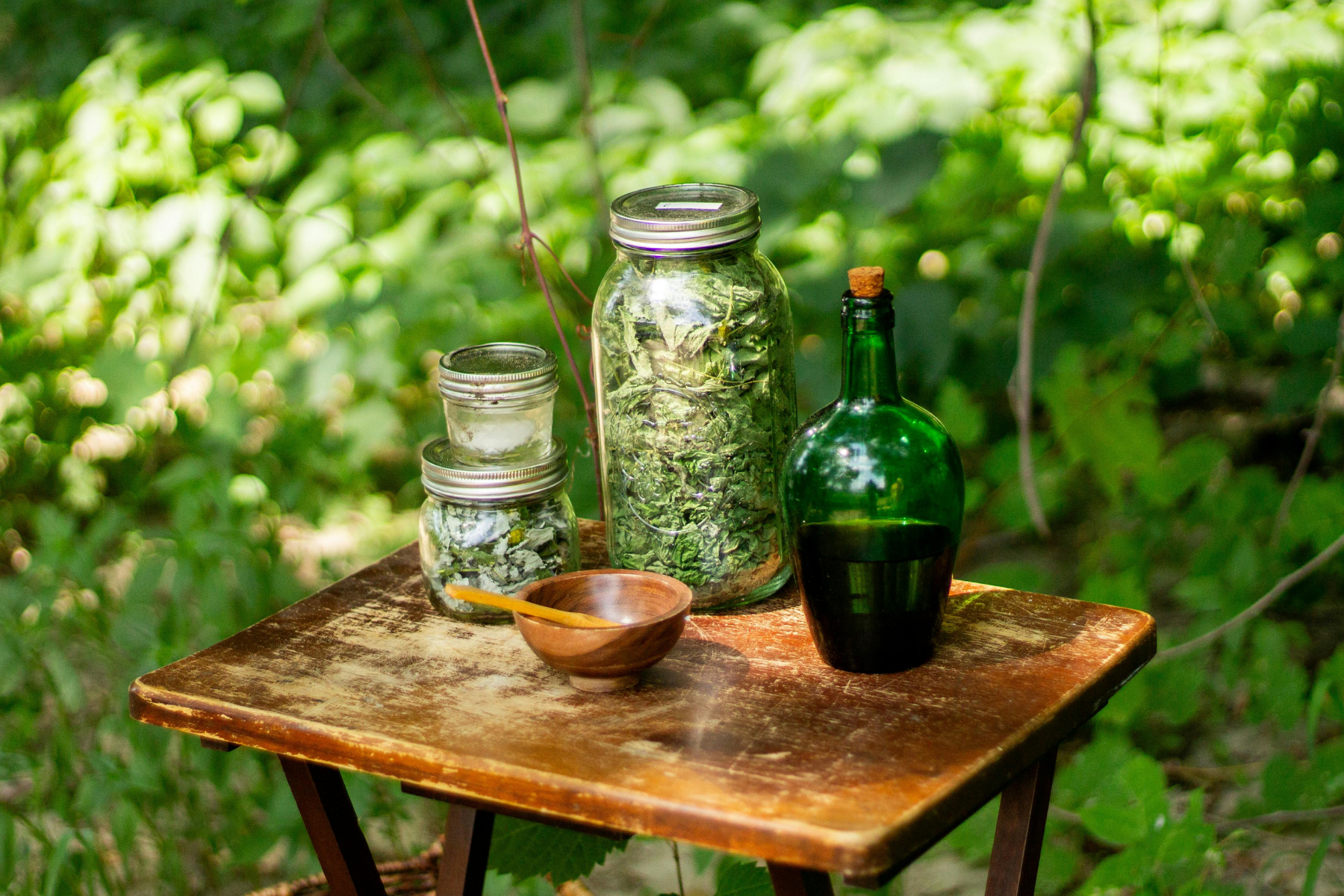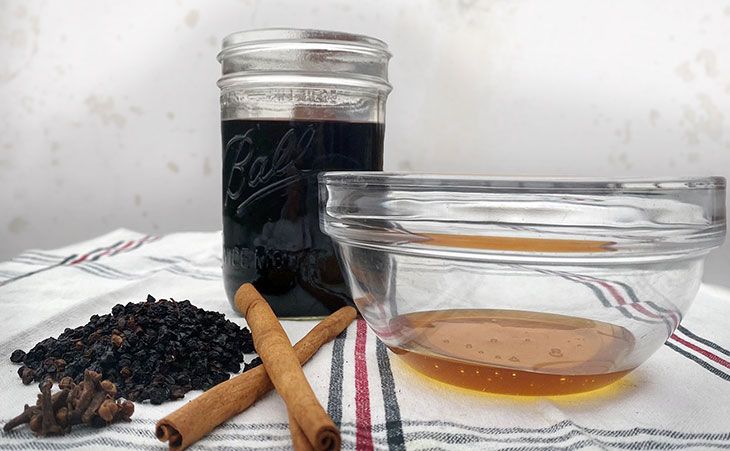The Healing Power of Your Garden: Growing Plants for Apothecary and Wellness

In recent years, there’s been a resurgence in interest around natural remedies and herbalism, with many people turning to their gardens to grow the plants they need to make homemade tinctures, teas, and even salves. At Stark Bro’s, we’ve always believed in the power of plants—not just for their beauty, but for their health benefits as well.
If you’re ready to start your own apothecary garden, we have the plants and inspiration to help you build a natural, homegrown wellness routine. Here are a few recommendations to get you started:
Apothecary Plants to Grow in Your Garden
1. Elderberry (Sambucus nigra) - Immune-boosting and easy to grow
Elderberry has long been valued for its immune-supporting properties. Known to promote respiratory health and ease cold symptoms, its berries can be made into syrup, jam, wine, or herbal remedies.
Tip: Elderberries are hardy and low-maintenance, making them an ideal addition to any garden.
2. Lavender (Lavandula angustifolia) – Calming and aromatic
Beloved for its soothing scent, lavender is a natural stress reliever used in teas, oils, and soaps. Its calming properties make it a must-have for relaxation and mindfulness.
Tip: Thrives in full sun and well-drained soil. Pair with chamomile for a fragrant, soothing herbal blend.
3. Peppermint (Mentha piperita) – Refreshing and versatile
Peppermint supports digestion and has anti-inflammatory benefits. Use it fresh in teas or dry it for tinctures and homemade oils—it’s also great for easing headaches and nausea.
Tip: Grows vigorously in containers or garden beds. Keep it contained, as it spreads quickly!
4. Chamomile (Matricaria chamomilla) – Gentle and restorative
Famous for promoting relaxation and better sleep, chamomile is a staple for teas and skincare. Its flowers can also soothe irritated skin when applied topically.
Tip: Prefers cooler weather and well-drained soil. Ideal for planting in early spring or fall.
5. Lemon Balm (Melissa officinalis) – Uplifting and stress-relieving
Known as “the calming herb,” lemon balm helps ease anxiety and support digestion. Its fresh, lemony scent makes it a cheerful addition to the garden.
Tip: Grows best in full sun and well-drained soil. Give it space—it spreads easily.
Shop Top-Quality Certified Organic Herbs

Why Start an Apothecary Garden?
Growing your own apothecary garden is a rewarding way to take control of your health and well-being. Not only do you have easy access to medicinal herbs right in your backyard, but growing plants that support your health can also foster a deeper connection with nature.
With herbs like elderberry, lavender, peppermint, and chamomile, you can create a variety of homemade remedies that are both effective and free from harsh chemicals. Plus, by growing your own herbs, you can be sure you’re using the highest quality plant and free of any unwanted chemicals.
Get Inspired with an Expert’s Insight
To inspire you even more, we reached out to one of our favorite gardening content creators, Kaylee Richardson of The Honeystead, who specializes in apothecary herbs.
“Using plants and herbs doesn’t have to be intimidating. Start with just five plants and take the time to learn all that they have to offer. Share what you’ve discovered, and when you’re ready, add five more. We’ve been given so many wonderful gifts to care for our bodies, it’s simply up to us to listen.”
Kaylee is author of The Beekeepers Apothecary a handy reference guide to nature’s medicine cabinet. Find more of her resources and recipes in her new book and on her website, like this Herbal Syrup for Respiratory Support.
And enjoy some of our own recipes:
Elderberry Syrup Recipe
Starting an apothecary garden doesn’t have to be complicated. With a few simple plants, you can grow a thriving, natural medicine cabinet that supports your health year-round.
Ready to grow your own healing garden? Explore Stark Bro’s collection of herbs and apothecary plants today.
The information provided on this blog is for educational purposes only and is not intended as medical advice. Always consult a healthcare provider before using any plant for medicinal purposes, particularly if you are pregnant, nursing, taking medications, or have a medical condition.



